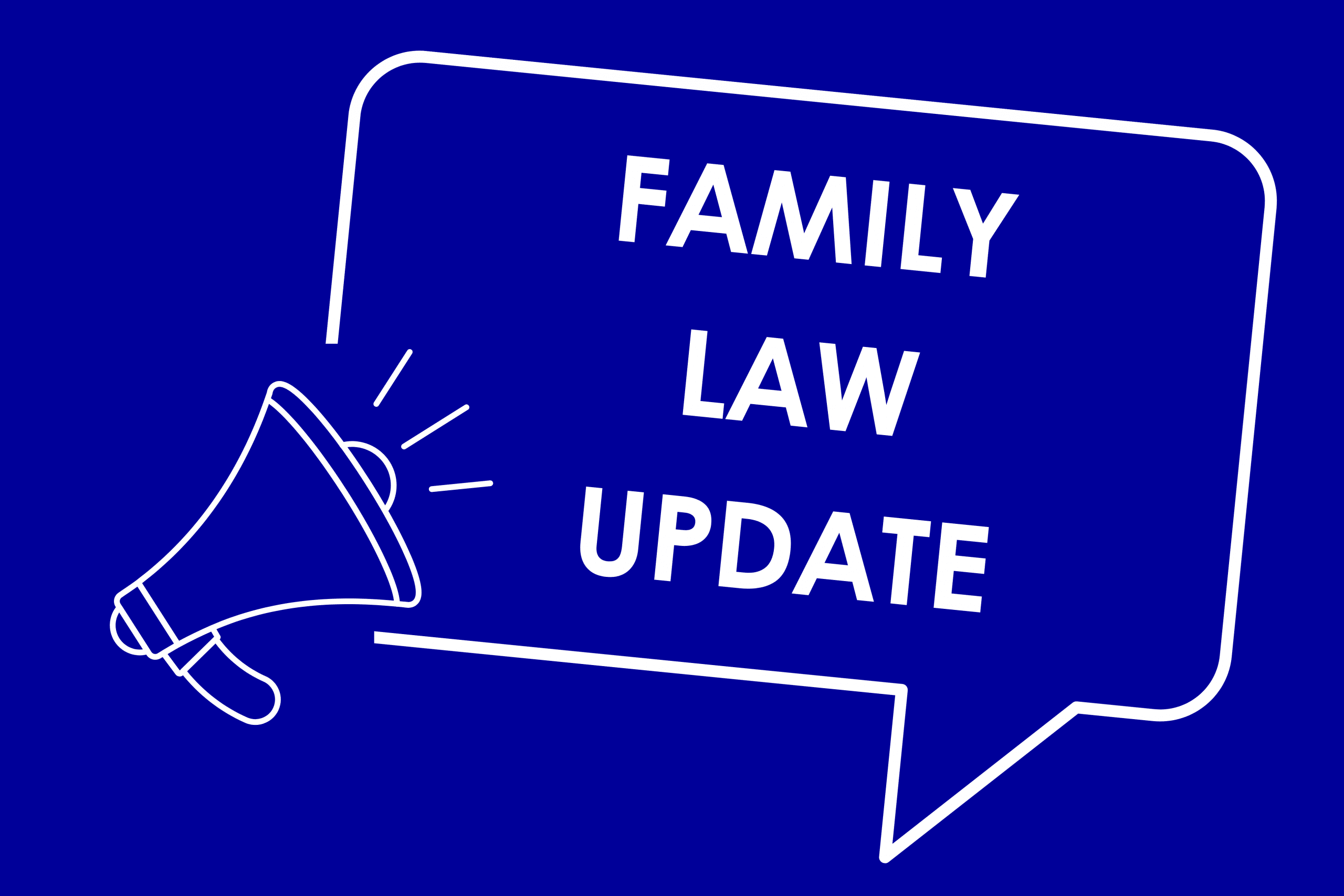The UK Government has announced one of the most significant changes to family law in recent years. The automatic assumption that it is always best for children to have contact with both parents after separation will soon be removed.
This reform aims to make the family court system safer and more child-centred, especially in cases where there are concerns about domestic abuse or coercive control.
What’s changing?
Until now, the law has encouraged judges to start from the idea that ongoing contact with both parents is generally in a child’s best interests. This approach — known as the presumption of parental contact — was meant to support children in maintaining strong family relationships.
However, campaigners, legal professionals and child protection groups have long warned that this presumption sometimes put children at risk. Courts often felt pressure to maintain contact even when there was evidence of abuse, coercion or neglect.
Under the new approach, judges will no longer begin with that assumption. Instead, they will focus first on the child’s safety and wellbeing before making any decision about contact. Each case will be treated individually, based on its own facts and circumstances.
Why is this reform happening?
This change follows years of campaigning by survivors of domestic abuse and child welfare organisations. Reviews have shown that many family court cases involve allegations of abuse, yet children were still being ordered to spend time with a parent who might not be safe.
There have also been tragic cases where children were harmed — even killed — after courts ordered contact with abusive parents. These incidents highlighted the urgent need to put children’s protection before parental rights.
The Government’s decision to remove the presumption is being described as a major step toward ensuring that the family court process genuinely prioritises children’s safety and emotional wellbeing.
What does this mean for families?
For parents going through separation or divorce, this change means that courts will look carefully at what is truly in a child’s best interests, without starting from a fixed position.
If there are concerns about abuse or controlling behaviour, the court will no longer treat contact as a default option that must be justified against. Instead, the focus will be on whether contact can be safe and beneficial for the child.
For many families, this won’t mean a drastic change — in safe, cooperative situations, children will still be encouraged to maintain healthy relationships with both parents. But for families where safety is an issue, this reform provides much stronger protection.
Looking ahead
While this is a very positive step, the impact will depend on how the changes are implemented. Training for judges, social workers and legal professionals will be crucial to ensure the new law is applied consistently and fairly.
Above all, this reform sends an important message: children’s safety and wellbeing must always come first. Parental involvement is important — but never at the expense of a child’s security or peace of mind.
This change represents a more balanced, compassionate approach to family justice. It recognises that every family is different and that children deserve to grow up feeling safe, supported and heard.
For families navigating separation, it is vital to seek early legal advice and understand how the new rules may apply to your situation. If you have concerns about contact arrangements or safety, arrange an appointment with is today to help you make informed and confident decisions




